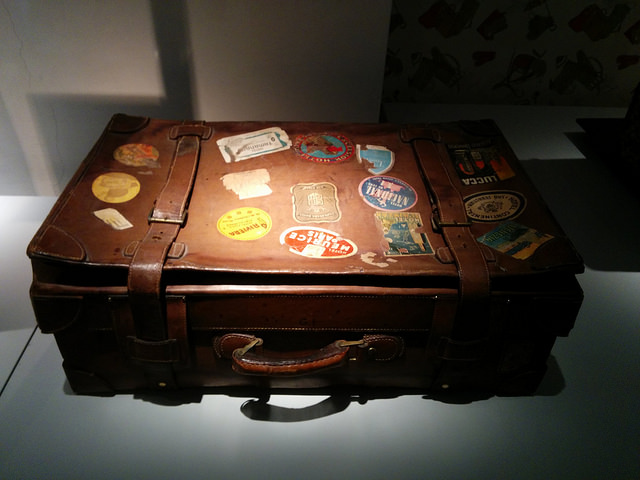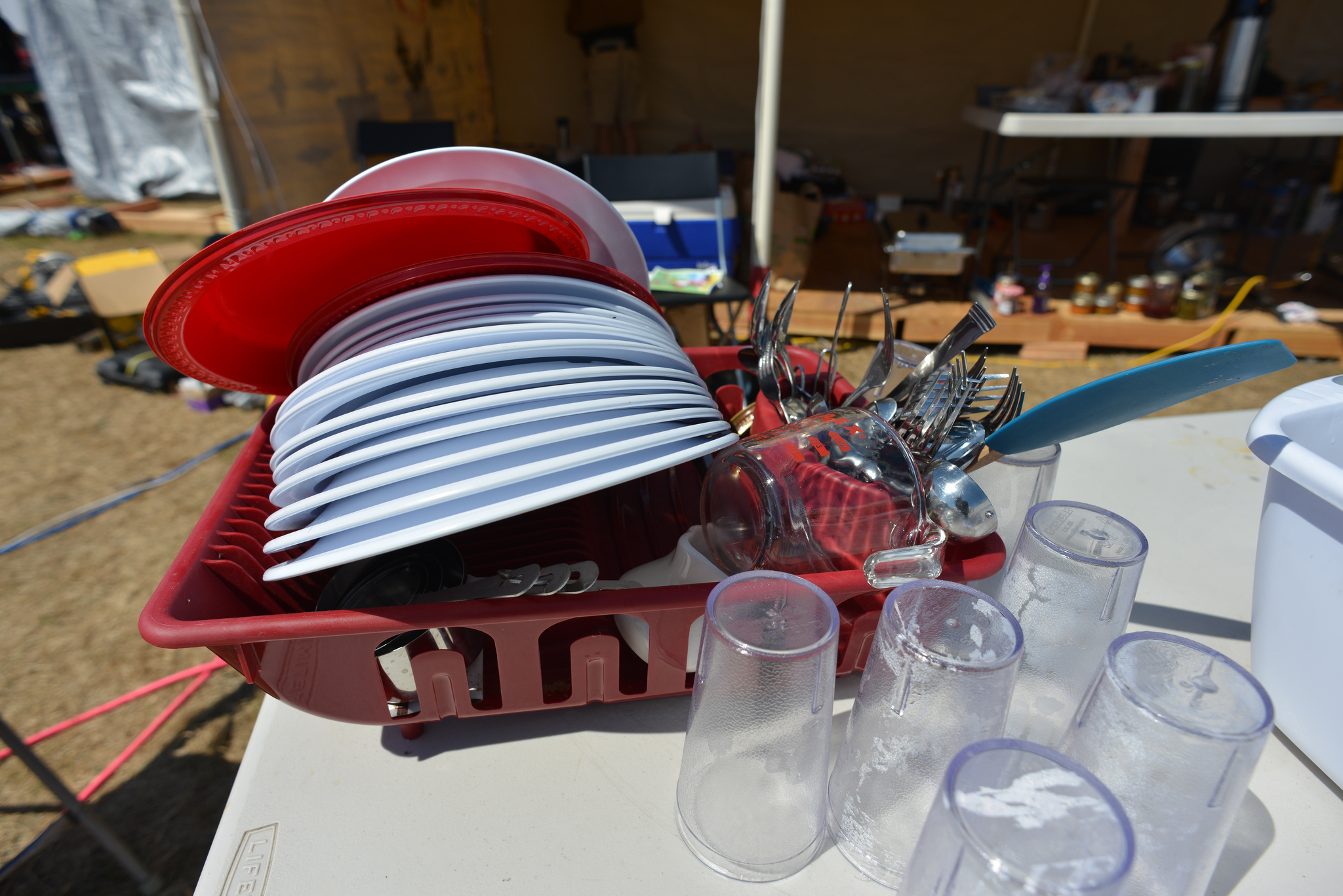
Closed Communion and Visitors
By Holly Scheer
Summer is a pretty common time to travel. The kids are out of school, and we’re ready to go new places and see new things. Fun times for everyone!
Unless travel takes us out of our home congregations over Sundays, and there isn’t a church in fellowship with where we are traveling. Then the fun can be tinged with some apprehension and nervousness.
It’s the same feeling we have when family or friends come visit and they’re not members. Will telling them they can’t commune offend them? Will this cause a rift? Is it better to just not attend church at all?
No! Attend church! Attend church together, always. It’s so important, even if you’re in a place you can’t commune or have people with you who can’t.
It’s because communion matters so much that sometimes we can’t do it. Now, that might sound really backwards, but it’s true. Communion isn’t some symbol, and it’s not some light snack during church.
It’s the real, actual presence of the body and blood of our Lord! That’s huge. When we consider the words Paul says about this, closed communion makes sense. “For anyone who eats and drinks without discerning the body eats and drinks judgment on himself” 1 Cor. 11:29.
Pastors don’t like turning people away. They really, really don’t like having to do it at the communion rail.
But there’s something that needs to be remembered about pastors — they can’t read or judge hearts. They don’t have the ability to peer into your soul and see what’s going on there, and that’s why they go by your public confession — that is, where you and your family choose to attend church.
Choosing a church is about more than programming or how awesome the music program is. It’s about the doctrine and beliefs being taught there.
So when you visit a church that is not in fellowship with us, don’t commune. You’re not in agreement with everyone there. When you bring visitors to your home church, give them a loving heads up that they might not be able to take communion.
It doesn’t mean that the pastor (or you!) are judging them and finding them lacking. It means the opposite. No mystical heart reading is going on, just the acknowledgment that some churches are different.
Photo credit to Christine und Hagen Graf. Some rights reserved.






8 Comments
Shelly
I really have a problem with this.I was raised in a Lutheran church and they had those rules.I was told something like other can be unequally yoked.My husband at the time was a Sunday school teacher for years.Long story short he had been raping my daughter for years before I found out.So when he was up on the communion rail that would mean he ruined everybody’s communion just like a visitor on
Y for the fact that the church thought they knew him and they didn’t nothing different than having a visitor on the communion rail
Shelly
He is now serving 2 life sentences
Sandra Ostapowich
Shelly, I’m so sorry for what your daughter went through, and how you’ve both been hurt by what this man did. He shouldn’t have been communing, and certainly shouldn’t have been a Sunday School teacher. Like most child predators, he was a master at hiding the truth from the people around him, including you. And including your pastor.
Unfortunately, pastors aren’t mind-readers. They can only trust that what people tell them about what they believe, teach, and confess is true. Unless someone says by their words and actions (such as membership in a non-Lutheran church body that does not teach that Christ’s body and blood are not truly present in the Lord’s Supper) that they believe something else, that’s all there is to go on. It’s not really fair to equate your situation to that of a non-Lutheran visitor communing. Pastors ask that those visitors speak to them and be taught what is being given out before they decide if they even want to commune. That’s all.
Diane
I think part of the problem is that the ushers when asked about ‘announcing for communion’ have no clue as to what to say to the visitor. We encountered this at a huge LCMS congregation in Florida. The usher appeared to not know what ‘announcing for communion’ was and she said, ‘just go up’. As far as family/friends visiting our (LC-MS) congregation, we always tell them if we are having Holy Communion that Sunday, and we make sure they understand our practice in a kind and winsome way:)
Diane
L.
I really struggle with this one, as I often visit my parents, who are ELCA, and there is no conservative Lutheran church within 60 miles. I have to decide whether to skip church and listen to the Lutheran Hour, or attend the church I grew up in (average attendance 20), and decline to participate in communion. It is a point of contention between my parents and me, and the discussion always brings hard feelings.
Karen DeFevers
If I feel in my heart the true meaning of communion as an LCMS Lutheran, I struggle to truly understand why I can’t commune at another non-LCMS church I am attending. What’s in my heart should count for more than what’s believed by the other church. God knows the difference and knows what’s in my heart.
L.
God knowing what’s in my heart (sin) is something that scares me (were it not for Jesus!)! A struggle I have, though, is that in Luther’s Large Catechism (or somewhere in the BoC) it is stated that God will work in the Sacraments regardless of the buffoon administering them, that even if the Devil himself administered communion God is powerful and perfect, so it is still the Sacrament.
Shelly, your daughter’s story breaks my heart. It is my understanding that your ex was reaping hell and damnation upon himself by daring to approach the Supper in such a state of unrepentant sin.
Mary Clausen
“If I feel in my heart the true meaning of communion as an LCMS Lutheran, I struggle to truly understand why I can’t commune at another non-LCMS church I am attending.” Here’s the thing: your physical presence at any communion rail is a public confession that you are in agreement with that church body’s teaching on Communion. If you commune at a church that doesn’t believe, teach and confess the Real Presence of Christ in the sacrament, you’re telling everyone who sees you at that Communion rail that YOU don’t believe in the Real Presence. Why would you want to create a false impression of what you believe?